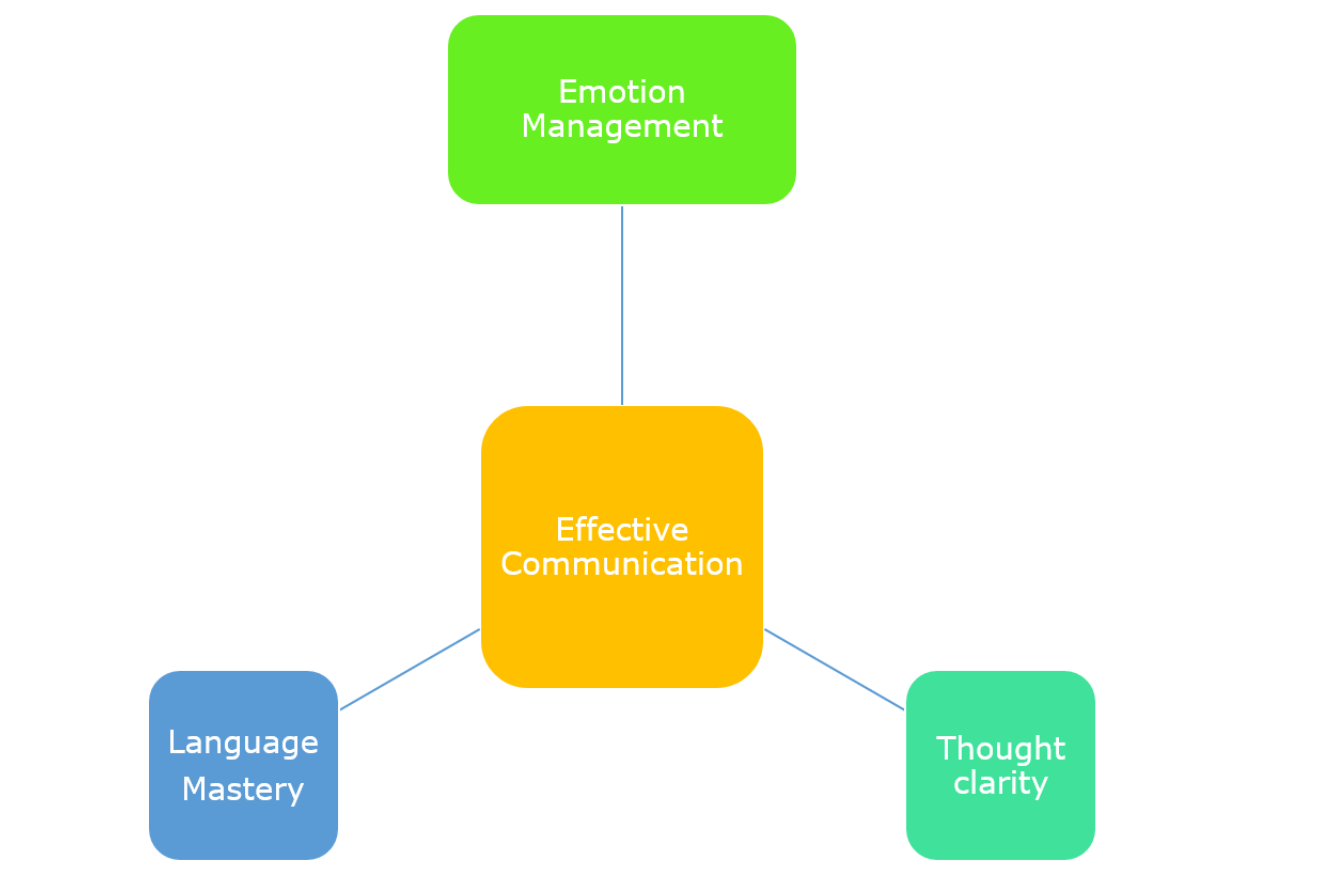Improving communication in the workplace
One of the common pitfalls for ineffective communication is lack of clarity on the context or background. Assumptions play a significant role in distorting the intention of communication. As a leader, we need to spend more time on setting the context clearly when we communicate any critical instructions or task to others.
For example,
some years back, my manager asked me to prepare a plant layout design to accommodate some more facilities. I also got into data collection and micro designing of alternative options. One week later, he called me and asked me to show the proposal, and I replied that still, I was collecting the data. He got annoyed with my response. Then, he clarified that he wanted first the quick conceptual layout for feasibility purpose to get the approval from management, whereas I was working on the detailed, micro-level plan which supposed to be done once conceptually approved. We lost time.
Here the learning is “mismatch of assumptions” by both. Effective communication should be the manager must have communicated the purpose behind his request for layout options, in what phases he wanted to go for and timeline specific. That is the context setting.
When we are not setting the context clearly, people will assume based on their level of knowledge and background, and the communication intent may get lost. We may argue that the receiver also should clarify the assumptions, but in reality, the giver knows more, and he/ she has to set the context.
Hence, if you want to improve the effectiveness of communication, the context has to be articulated clearly without giving room for assumptions. Setting the context as part of the conversation becomes a habit once you consciously practice.
Setting the Context for effective communication.
One of the common pitfalls for ineffective communication is lack of clarity on the context or background. Assumptions play a significant role in distorting the intention of communication. As a leader, we need to spend more time on setting the context clearly when we communicate any critical instructions or task to others.
For example,
some years back, my manager asked me to prepare a plant layout design to accommodate some more facilities. I also got into data collection and micro designing of alternative options. One week later, he called me and asked me to show the proposal, and I replied that still, I was collecting the data. He got annoyed with my response. Then, he clarified that he wanted first the quick conceptual layout for feasibility purpose to get the approval from management, whereas I was working on the detailed, micro-level plan which supposed to be done once conceptually approved. We lost time.
Here the learning is “mismatch of assumptions” by both. Effective communication should be the manager must have communicated the purpose behind his request for layout options, in what phases he wanted to go for and timeline specific. That is the context setting.
When we are not setting the context clearly, people will assume based on their level of knowledge and background, and the communication intent may get lost. We may argue that the receiver also should clarify the assumptions, but in reality, the giver knows more, and he/ she has to set the context.
Hence, if you want to improve the effectiveness of communication, the context has to be articulated clearly without giving room for assumptions. Setting the context as part of the conversation becomes a habit once you consciously practice.









